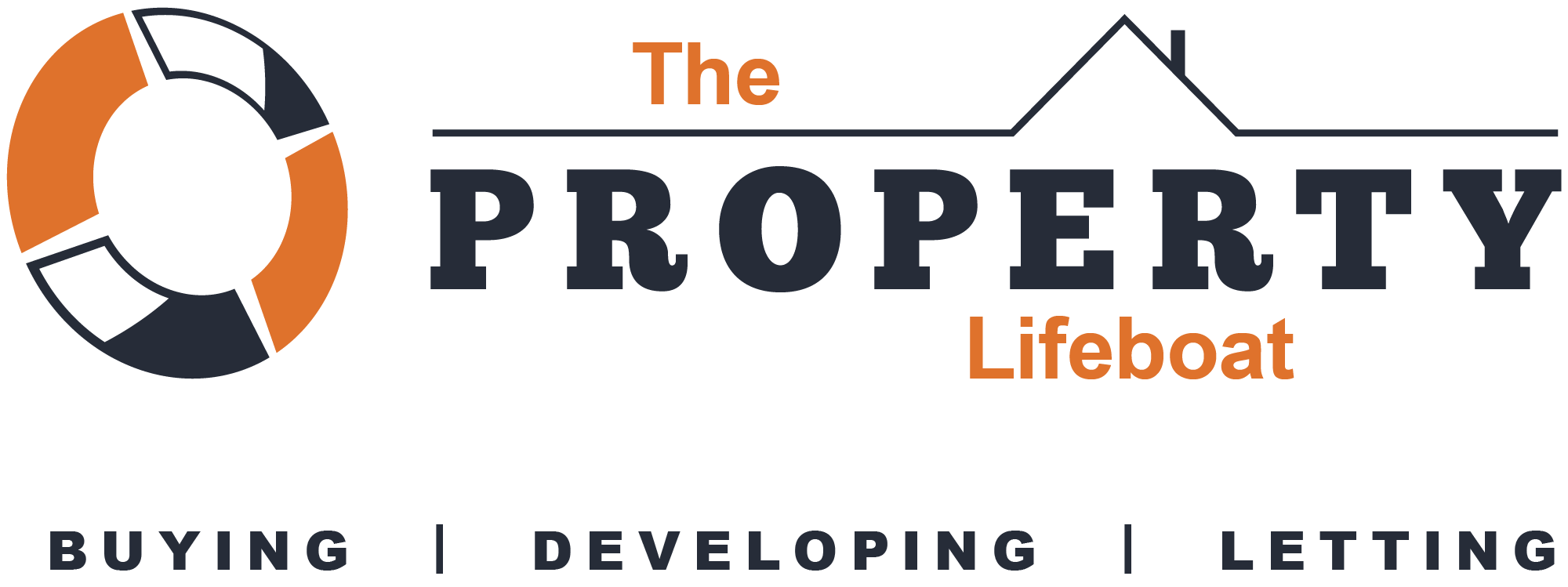All businesses face the occasional challenge of having to adapt – sometimes quickly – during changes in their immediate market, or global or national events such as a recession or even conflict. These events can manifest as short, medium or long term changes in demand for their product; the price that can be charged for the product or service or supply chain or cash flow issues. This is just part of the landscape of owning and running a business and is not unique to the current global pandemic we face in the form of Covid-19.

What is unusual in the current situation is the sheer scale of the disruption to people’s daily lives and in particular their available funds and the knock on effect of the money supply within the economy. This is obviously a short term shock – the underlying economy in the UK is strong – but it is significant enough to have a potentially devastating effect on many businesses and property based businesses – particularly those who let property – face particular challenges during these times.
Firstly, in the property lettings space, the description ‘property based business’ is a catch all to cover a wide range of different operations which essentially – from the customer’s perspective – provide the same service: long term residential accommodation. What is often not appreciated – particularly by the customer – is just how different these operations can be; from the individual person who happens to own one or two additional properties which they let out privately, through the much larger companies who might provide housing to a hundred or so tenants and have a few staff and perhaps an office, all the way up to the large corporate providers which include social housing providers. Collectively over the UK these ‘property businesses’ provide housing to around 4.5M households with the majority being provided by the smaller individual/investor. The one thing they have in common is that their activities are all managed within the auspices of the Housing Act and its associated legislation.
The biggest differences between these various businesses is their ability to react and adapt during times of financial stress – such as the current Coronavirus outbreak – and their financial resources. Let’s take a closer look at some of these challenges and specifically the ways we, at The Property Lifeboat and Lifeboat Lettings are impacted. Here are the top challenges:
-
Access to Financial Support.
Individuals who own properties that they let out may fall between the cracks of the various government support measures that have been announced. Whilst it is true that there have been many measures announced such as business loans, grants and income support for the employed and self-employed, many of these are not applicable to property businesses. In particular, individuals who own and rent out property – even if the business provides their sole source of income – are not regarded as employed. Neither are they regarded as self-employed; in fact their operations are not regarded as a business at all so there is little support provided. It is true that the government has provided some relief to mortgage payments for rented property, but often the mortgage costs represent a small percentage of the costs of owning and providing rental accommodation to a tenant and this obviously also does not take into account any aspect of the loss of personal income of the property owner and their family as a consequence of non-payment of rent. This is compounded by the fact that landlords and property business owners are getting no relief at this time from their statutory duties, such as regular property inspections, maintenance, safety certificates, insurance expenses etc. At the Property Lifeboat we have therefore started an outreach programme to our tenants through our management agency Lifeboat Lettings. The aim is to get an early heads up on the situation of our tenants, with a view to managing arrears and cash flow. We have also cut back wherever possible on non-critical expenses (such as minor maintenance).
-
Negative cash flow

Building on the point above, in extreme cases of rental arrears there is the real possibility of negative cash flow: in effect the total outgoings of the business – in terms of continuing to provide the rental accommodation to individual tenants – exceeds the income being received. This is bad news for any business or individual and is a real risk, particularly with those who have only a few rental properties.
-
Misunderstanding of, or abuse by tenants of the intention of the ‘rental holiday’.
The government’s intention was that tenants, in real desperate need would be able to negotiate with their landlord and receive a period of dispensation in the form of reduced rent for a period of three months. After this time rental arrangements would return to normal. An arrangement would be also agreed between the landlord and tenant for any accrued rental arrears to be paid off swiftly. To further protect tenants during this period, there were to be no new possession cases. It was also anticipated that this relief for tenants would be funded by the landlord claiming parallel relief from their mortgage payments for the period – in effect therefore a partial relief of rent payments (mortgage payments always of course being less than rental payments). However, there is a risk – and we are already seeing  evidence of this – that some tenants will simply take this as meaning they ‘do not need to pay any rent for three months’. This of course is not in the spirit of the agreement and runs the risk of the tenant running up an un-repayable amount of arrears. It also locks the property business owner into a loss making situation that they are unable to exit. As mentioned above, we are attempting to head this off in our own business, but we still believe that nationally there will be a surge in new possession cases in the late spring and early summer, with many former tenants now excluded from the private rented sector because their credit rating has been damaged and they are unable to pass referencing.
evidence of this – that some tenants will simply take this as meaning they ‘do not need to pay any rent for three months’. This of course is not in the spirit of the agreement and runs the risk of the tenant running up an un-repayable amount of arrears. It also locks the property business owner into a loss making situation that they are unable to exit. As mentioned above, we are attempting to head this off in our own business, but we still believe that nationally there will be a surge in new possession cases in the late spring and early summer, with many former tenants now excluded from the private rented sector because their credit rating has been damaged and they are unable to pass referencing.
-
Decreased business efficiency and increased cost of operation
We – like many businesses – have instigated a work from home policy for our small team. Whilst we are only a small team, there are still a myriad of communications that need to occur which are now more difficult to manage. Add to that, coordination of contractors and various works and inspections of properties etc. and the complexity can become overwhelming for even a small or medium sized company. With tasks more difficult to complete or taking longer, then associated costs also increase.
-
Lack of access to properties
Building on the above, it is now simply not possible to guarantee access to a
property when critical or legally required works are required – such as safety inspections required under law. Even with good communication with the tenant there is still the possibility that contractors will not be able to gain access.
-
Acquisition process
The process for acquiring new property has also been severely impacted by the Coronavirus outbreak. Purchasing property in the UK has always been a very long and tedious process with many steps and people involved and a lot of paperwork and red tape to navigate. This is particularly true when finance is also involved. We have seen a major impact due to communication challenges on existing acquisitions in the pipeline. We have also had to put transactions on hold due to not being able to get surveyors out to value the properties. In one instance we have had to arrange alternative finance at short notice due to the inflexibility of an existing mortgage offer.

So, there are some of the big challenges at the moment, but every cloud has a silver lining and in adversity there is potential for opportunity. One major positive that has come from this is adaptation and testing and stretching the team; challenging us all to work in new ways. There is a general feeling that we can not only survive this, but will come out of it a more robust and resilient business in the long run.
With increased use in digital medium for communication and work from home practices, we feel incredibly grateful that our businesses can continue relatively normally in many aspects.
Maybe this is becoming the new normal ?
Only time will tell.

